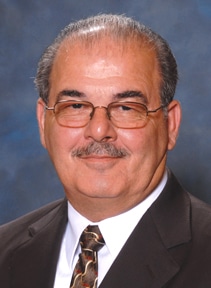
Rep. Russ Carnahan (D-Mo.) and Rep. Steve Latourette (R-Ohio) have introduced H.R. 3200, the Local Flexibility for Transit Assistance Act, over concern that as Americans increasingly turn to transit for transportation to and from their jobs, 80 percent of the nation’s budget-strapped mass transit agencies have cut service, raised fares and laid-off workers.
Within hours of the bill’s introduction, it attracted 106 co-sponsors. The UTU and other AFL-CIO transportation unions have been pushing lawmakers for months to take such action.
The bill, if enacted into law, would allow local transit systems in areas with more than 7 percent unemployment or substantially higher gasoline prices to gain access to federal funds to maintain service and return furloughed employees to work.
The UTU and other AFL-CIO transportation unions were previously successful in pushing an enacted amendment to the 2009 American Recovery and Reinvestment Act to provide transit systemsgreater flexibility to transfer a portion of federal funds –armarked for more equipment — to maintain operations.
When it was recognized more was needed, the UTU and other AFL-CIO unions commenced lobbying lawmakers, resulting in introduction of the Carnahan-LaTourette sponsored Local Flexibility for Transit Assistance Act.
Carnahan is a member of the House Transportation & Infrastructure Committee, while Latourette is a member of the House Appropriations Committee’s Transportation subcommittee.
To view H.R. 3200, click on the following link:
http://thomas.loc.gov/cgi-bin/query/z?c112:H.R.3200:#
 By Vic Baffoni Vice President, Bus Department
By Vic Baffoni Vice President, Bus Department